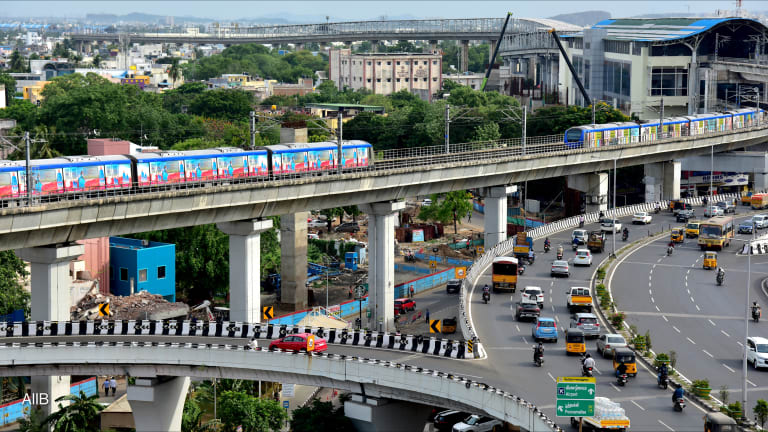
The United Nations high-level panel working on a post-2015 strategy isn’t slated to unveil its draft set of new goals until March 2013. But, in the meantime, two independent development think tanks are circulating what’s arguably so far the most detailed set of successor targets to the eight Millennium Development Goals.
The goals that will succeed the MDGs, which have an end date of 2015, must be more inclusive, meaning they measure progress and shortcomings of all countries — not just developing ones, says the Waterloo, Canada-based Center for Governance Innovation and the Korea Development Institute. They should also shift from promoting basic human needs to more “dynamic” sustainable development.
Some of the 11 goals the two institutes put forth in their report released Oct. 24 mimic those the MDGs measure, like gender equality and access to food and clean water. Others are different, and include:
Quality infrastructure for access to energy, transportation and communication.
Good health for the best possible physical, mental and social well-being.
Security for ensuring freedom from violence.
Empowering people to realize their civil and political rights.
Inclusive economic growth for dignified livelihoods and adequate standards of living.
The U.N. special adviser on post-2015 development planning, Amina Mohammed, told The Guardian that themes in the U.N. panel’s report will include conflict, growth in the global youth population, poverty, and unmet MDG targets.
While certain MDGs, like halving the poverty rate, are on target to be met within the next three years, others remain off track. Health goals, especially goals that aim to reduce maternal, infant and child deaths, will not be attained across the board by 2015.
The question over what the post-2015 set of goals should include has elicited a lot buzz both within the United Nations and beyond its immediate peripheries. Health was touted as an important element last month, while water, renewable energy, oceans and food security have also been presented as key factors, from when the goals — commonly referred to as sustainable development goals — were discussed at the Rio+20 conference in June 2012.
Perhaps most important, though, is that the goals — while ambitious — are actually achievable.
The U.N. high-level panel is now taking comments on its draft report.
Read more development aid news online, and subscribe to The Development Newswire to receive top international development headlines from the world’s leading donors, news sources and opinion leaders — emailed to you FREE every business day.








